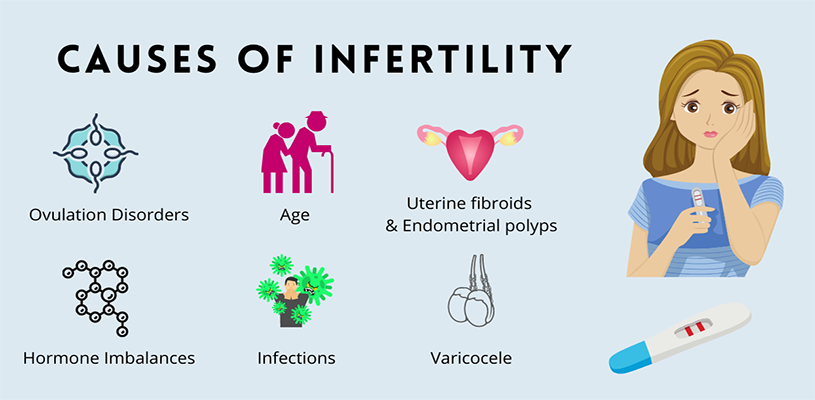


What is infertility?
Infertility means not being able to get pregnant after one year of trying. Or, six months, if a woman is 35 or older. Women who can get pregnant but are unable to stay pregnant may also be infertile.
Pregnancy is the result of a process that has many steps. To get pregnant:
Infertility can happen if there are problems with any of these steps.
